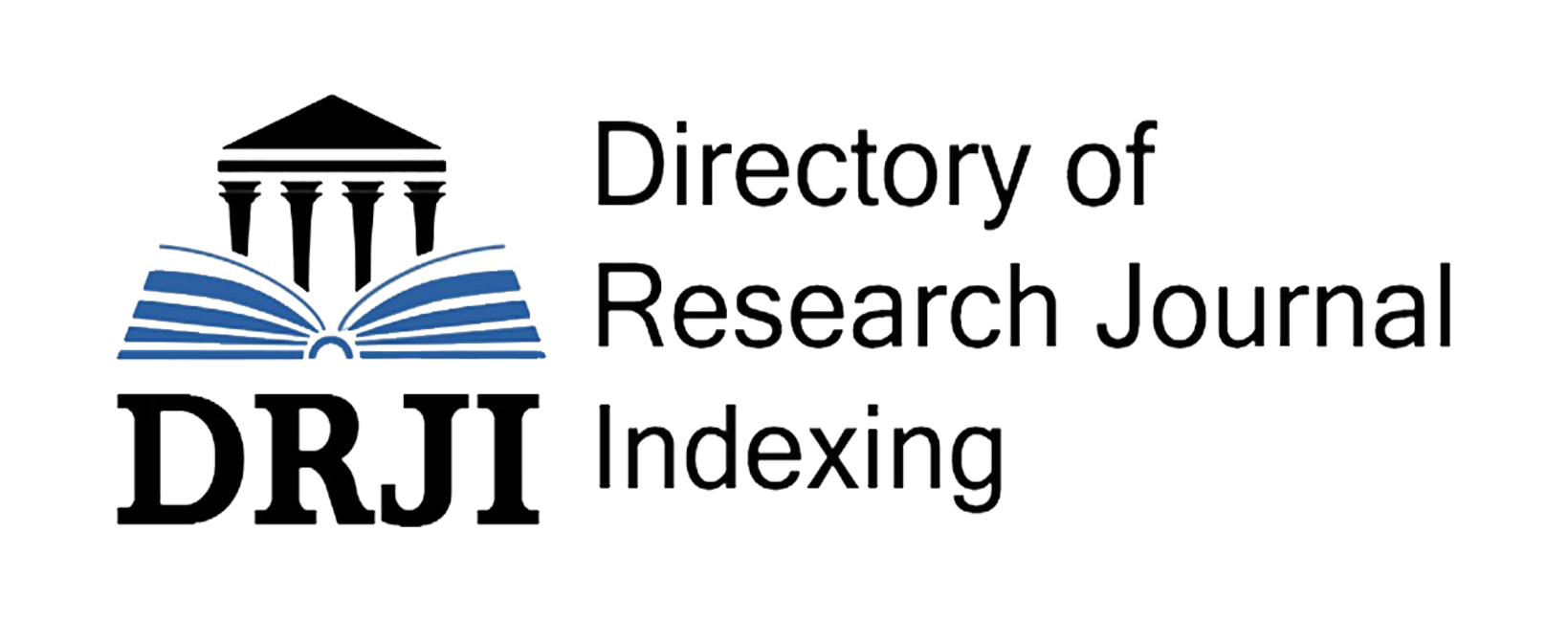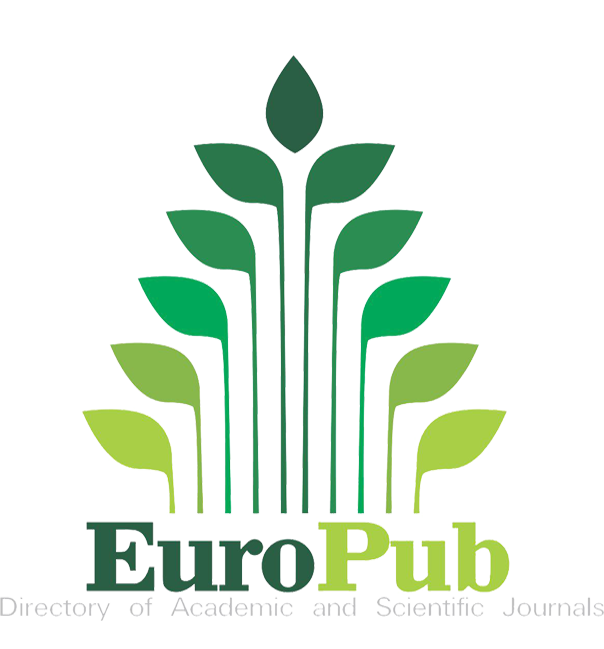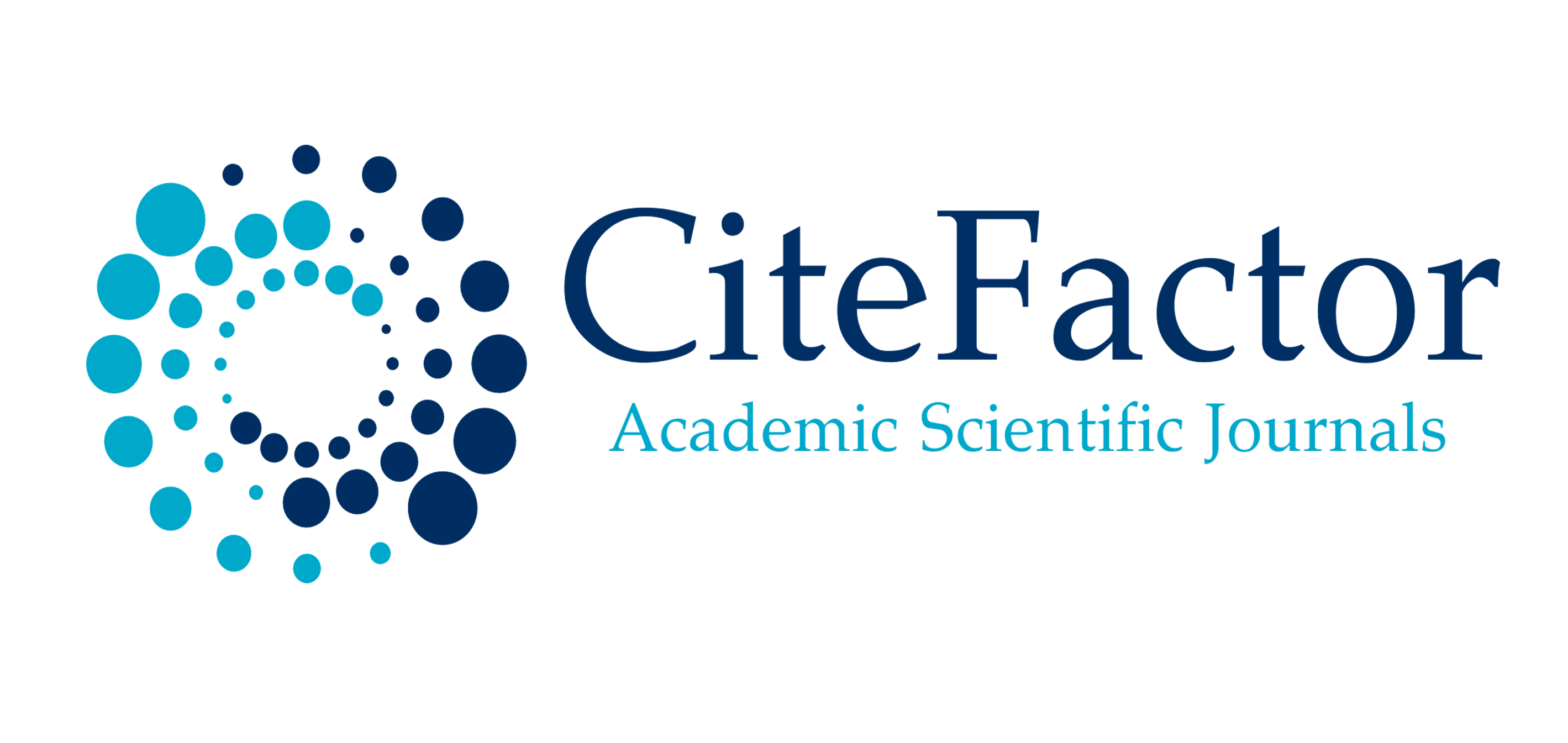METHODOLOGY OF DEVELOPMENT OF SOCIAL COMPETENCE IN FUTURE ENGLISH LANGUAGE TEACHERS
Keywords:
educational standards, pedagogical competence, composition, educa-tional process, modernizationAbstract
Innovative training of future specialists at the international level, modern the world's leading higher education institutions for the implementation of education and of future pedagogues in research conducted by scientific centers the criteria of professional skills, the problems of creating an innovative educational environment are international special importance is attached to the introduction of the requirements of educational standards.
References
Resolution of the President of the Republic of Uzbekistan dated November 6,2020 No PR-4884 “On additional measures to further improve the education system”;
Resolution of the Cabinet of Ministers of the Republic of Uzbekistan dated May 8, 2013 No 124 “On approval of the state educational standard for foreign languages in the system of continuing education”;
Resolution of the Cabinet of Ministers of the Republic of Uzbekistan dated April6, 2017 No 187 “On approval of state educational standards of general secondary and secondary special education”;
Resolution of the Cabinet of Ministers of the Republic of Uzbekistan dated December 22, 2020 No 802 “On approval of the State Standard of Preschool Education and Upbringing”;
Zinchenko G.P. Prerequisites for the formation of the theory of lifelong learning// Soviet pedagogy, 1991. N 1.
Ablaeva Nadira Kadamzhanovna. (2023). ORIENTALISMS IN THE WORKS OF GAFUR GULAM (BY THE MATERIAL OF THE STORY "MISCLE"). Open Access Repository, 4(03), 63–67
Kadamzhanovna, A.N.(2023). ORIENTALISMS IN THE WORKS OF GAFUR GULAM (BY THE MATERIAL OF THE STORY" MISCLE"). Open Access Repository 4 (03), 63-67
Madraximova,Z & Ablaeva, N.(2022).CHARACTERISTICS OF LERMONTOV'S WORKS" HERO OF OUR TIME". Science and Innovation 1 (8), 1843-1845 2022
Madraximova,Z & Ablaeva, N. (2022)ХАРАКТЕРИСТИКА ПРОИЗВЕДЕНИЯ ЛЕРМОНТОВА" ГЕРОЙ НАШЕГО ВРЕМЕНИ".Science and innovation 1 (B8), 1843-1845
Аблаева, Н.К.(2022).Сопоставительный анализ русских и узбекских пословиц. Ta’lim fidoyilari 6 (7), 687-691
Nasirov, A. (2020). Odil Yoqubovning “Ulug ‘bek xazinasi” romanida badiiy obraz yaratish. Uluslararası Türk Lehçe Araştırmaları Dergisi (TÜRKLAD), 4(2), 200-205.
Normamatovich, N. A., & Elmira, J. (2020). Novel thinking and artistic conflict in shoyim butayev's novels. European journal of molecular & clinical medicine, 7(3).
Nasirov, A. (2012). Poetics of Odil Yakubov's novels. Monograph. Tashkent," Fan" publishing house, 160.
Normamatovich, N. A. (2021). Features of Symbolic Interpretation. International Journal on Orange Technologies, 3(3), 71-76.
Nasirov, A. N. (2019). STYLISTIC UNITS AND COMPOSITIONAL IMPARTIALITY. Theoretical & Applied Science, (12), 568-571.
Nasirov, A. N. (2023). Alisher navoiy obrazining badiiy ifodasi. Ustozlar uchun, 15(1), 35-39.
Aripova, S. (2024). Linguistic and cultural characteristics of the translation of stories in English and Uzbek languages. Modern Science and Research, 3(1), 98-101.
A’zamjonovna, X. S., & Azimidin, N. (2023). ISAJON SULTON HIKOYALARI BADIIY KONFLIKT. Ustozlar uchun, 15(1), 72-77.
Nasirov, A. (2023). ERKIN A’ZAM IJODINING O ‘ZIGA XOSLIKLARI HAQIDA. Ustozlar uchun, 15(1), 78-84.
Nasirov, A. N. (2023). ODIL YOQUBOVNING “QAYDASAN MORIKO” QISSASIDA PESAJ VA XARAKTER TALQINI. Ustozlar uchun, 15(1), 40-47.
Taxirovna, A. S. (2024). Features of Uzbek and English story translations. American Journal of Public Diplomacy and International Studies (2993-2157), 2(2), 202-208.
Uzoqboy o‘g‘li, S. M., & Nasirov, A. (2023). SA’DULLA SIYOYEVNING “DASHTI QIPCHOQ LOCHINI” ASARIDA TARIXIY SHAXS OBRAZI TALQINI. Ustozlar uchun, 15(1), 48-53.









